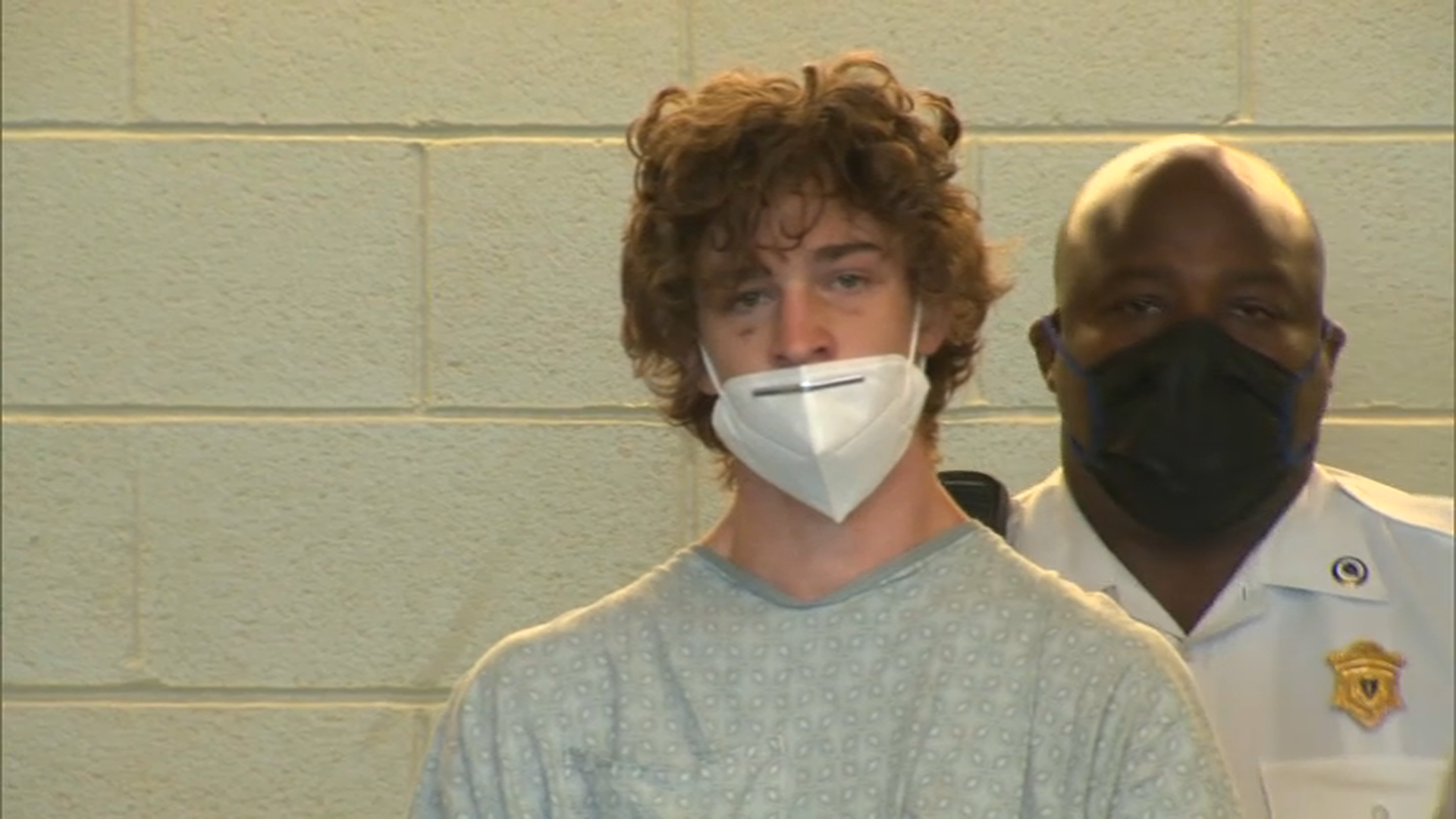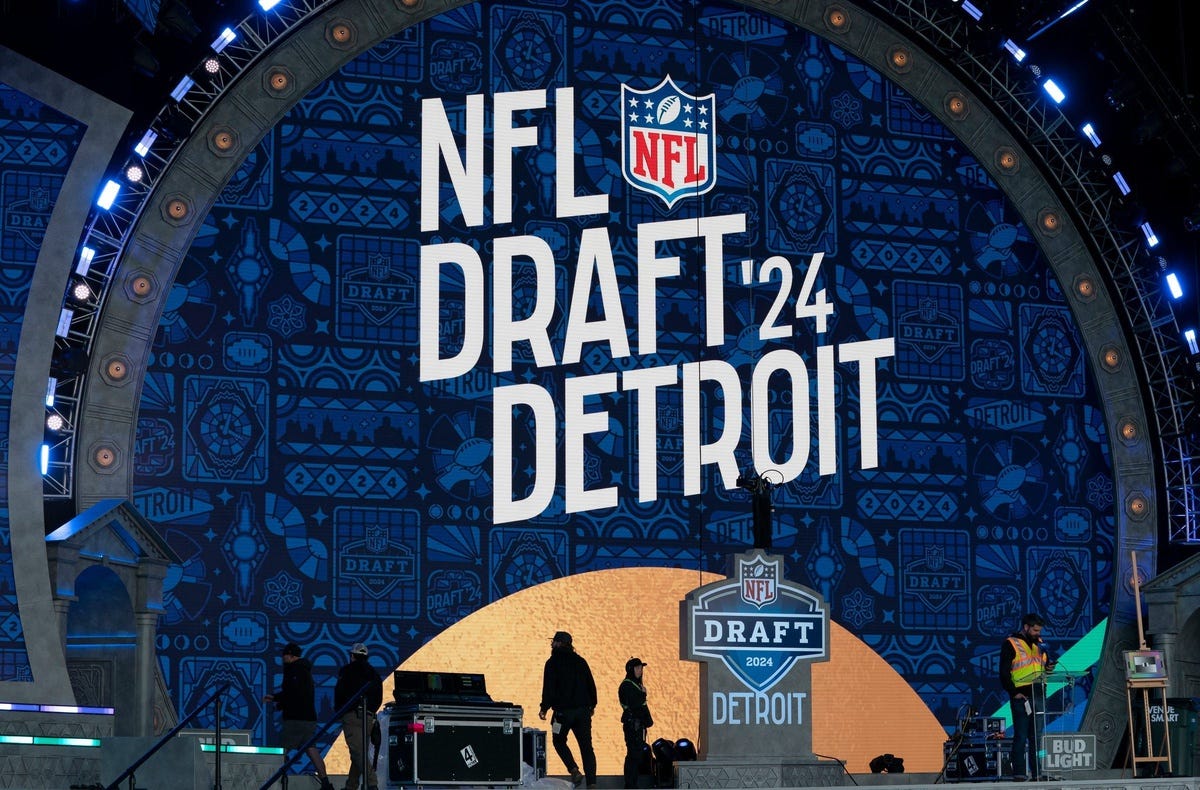The COVID-19 pandemic pushed our health care system to the brink with daily reports of overcrowded hospitals, staffing shortages and changing mandates. What wasn't as widely reported was the increasing violence happening in these critical settings.
According to the Massachusetts Health and Hospital Association, in 2022, someone in a state health care facility was either physically or verbally assaulted or threatened every 38 minutes. That's up from every 57 minutes in 2020.
"It can happen, really, anywhere. It can happen in the parking lot," said Patricia Noga, vice president of clinical affairs with MHA.
Over the past three years, the association surveyed 56 hospitals in the state to track the frequency, location and types of violence committed on their campuses. They published their findings in January.
Get Boston local news, weather forecasts, lifestyle and entertainment stories to your inbox. Sign up for NBC Boston’s newsletters.
"It's almost a relief that, you know, it's out there, and we're sharing this with everyone, and we're trying to move forward and improve it," Noga said.
So what does violence look like in health care?
Local
In-depth news coverage of the Greater Boston Area.
"Aggressive behavior, physically or verbally. Threats — not uncommon to have threats. Derogatory statements," said Terry Hudson-Jinks, chief nursing officer at Tufts Medical Center. "Racis[m], sexism and physical assaults."
Tufts, like many hospitals, has taken measures to prevent these incidents.
"We have safety buttons all over the place and we have a certain code language we use if someone's in real trouble that everyone knows what it means," Hudson-Jinks said.
She added that the problems have an impact on staffing.
"Violence is a showstopper. It makes people think about whether or not they want to be a nurse in the ER, or a physician in the ER," she said. "Seeing abuse, hearing threats on a daily basis in our high-risk areas, is unacceptable, and we need to keep these talented individuals doing this amazing work that they've dedicated their lives to."
MHA's report includes a patient code of conduct — a request, really — for patients and visitors to keep facilities safe.
"Please come along with us — you know, as a village, as a community, please come along with us and and make care environments safe for everyone," Noga said.
"We want a new day where this is not a part of health care any longer," Hudson-Jinks said. "Our teams deserve better."



